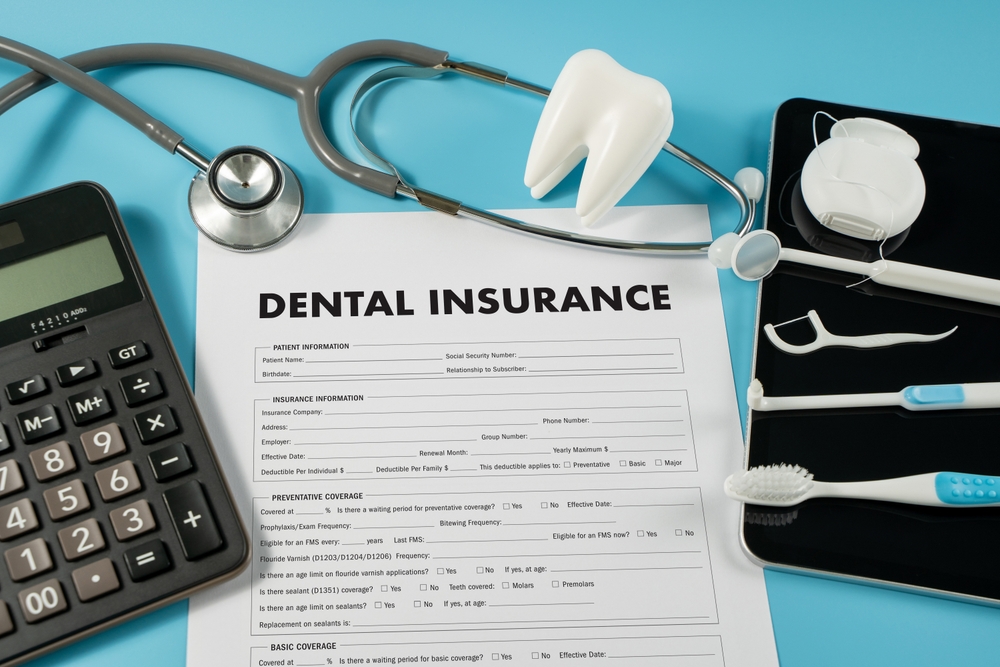An estimated 68.5 million adults in the United States do not have dental insurance, according to new data released recently by CareQuest Institute for Oral Health. This data, which comes from the third annual State of Oral Health Equity in America (SOHEA) survey, also reveals that the number of adults without dental coverage could rise significantly by the end of 2023 due to additional household members losing coverage and the Medicaid redetermination process.
In addition to the estimated 68.5 million adults without dental insurance, an additional 8.9 million household members may have lost dental insurance in the last year due to loss of coverage in a household, as many family and household members receive dental coverage through a single member of the household. Furthermore, there are an estimated 14 million adults in the US who stand to lose their Medicaid dental insurance coverage with the public health emergency expiration. This results in as many as 91.4 million individuals without dental insurance by the end of this calendar year.
“With the millions of uninsured adults across the country, we are facing a nationwide oral health crisis that forces many people to forgo critical dental care and disproportionately affects low-income individuals and racial and ethnic minorities,” said Myechia Minter-Jordan, MD, MBA, president and CEO of CareQuest Institute for Oral Health. “To help combat this, we are calling on health care professionals, administrators, policymakers, and advocates to join us in our efforts to increase broad dental coverage in both Medicaid and Medicare.”
CareQuest Institute supports enhancements to government programs like Medicaid and Medicare by including extensive dental benefits for all enrollees. Currently, state Medicaid programs are not required to provide dental coverage to adults. This results in varied coverage state-to-state — from extensive benefits essential to maintaining optimal health to very limited or emergency-only benefits. Similarly, the Medicare program does not provide comprehensive dental benefits to all eligible older adults and people living with disabilities.
While the data show a 3% increase in the proportion of adults with dental insurance from 2021 to 2023, the increase is likely related to an increase in Medicare Advantage plan enrollment during the same period. Medicare Advantage plans offer some dental benefits as a way to attract enrollees who have a choice of plans. However, dental benefits offered through Medicare Advantage plans vary widely and are quite limited, often resulting in high out-of-pocket costs for individuals with severe dental needs.
The 2023 survey results show the oral health challenges faced by many throughout the country, including:
- The portion of the population without dental insurance (27%) is almost 3x as high as those without health insurance (9.3%).
- Adults living in rural areas (34%) were more likely to lack dental insurance compared to adults living in suburban (24%) or urban (29%) areas.
- Hispanic individuals were two times more likely to have lost dental insurance in the last year compared with white non-Hispanic individuals.
- Approximately one-third of both Medicare and Medicaid participants do not have dental coverage.
- Adults with lower incomes were significantly more likely than those with higher incomes to report cost as a barrier to seeing a dentist in the last two years.
CareQuest Institute’s State of Oral Health Equity in America (SOHEA) survey is the largest nationally representative survey focused exclusively on adults’ knowledge, attitudes, experiences, and behaviors related to oral health. The survey was administered in January and February 2023, with a final sample size of 5,240 adults (18+) by the National Opinion Research Center (NORC) at the University of Chicago as part of the AmeriSpeak panel.
The findings are included in a new report, “Uninsured and in Need: 68.5 Million Lack Dental Insurance, More May Be Coming,” one of several publications CareQuest Institute will release based on the SOHEA survey results.
About CareQuest Institute for Oral Health
CareQuest Institute for Oral Health is a national nonprofit championing a more equitable future where every person can reach their full potential through excellent health. We do this through our work in philanthropy, analytics and data insights, health transformation, policy and advocacy, and education as well as our leadership in dental benefits and innovation advancements. We collaborate with thought leaders, health care providers, patients, and local, state, and federal stakeholders, to accelerate oral health care transformation and create a system designed for everyone.
To learn more, visit carequest.org and follow us on Twitter, LinkedIn, Facebook, and Instagram.
FEATURED IMAGE CREDIT: One Photo/Shutterstock.com.













